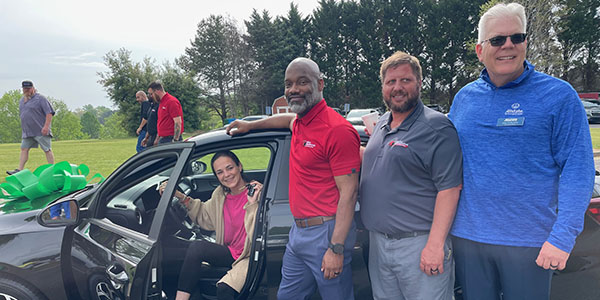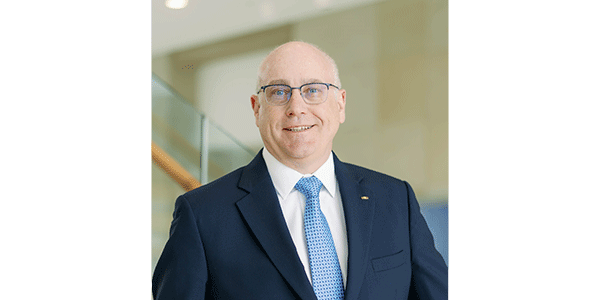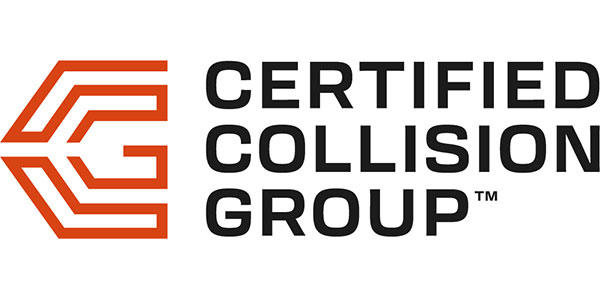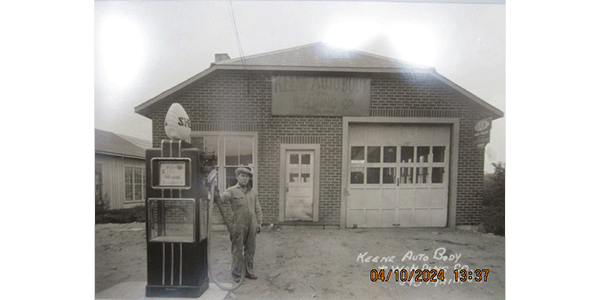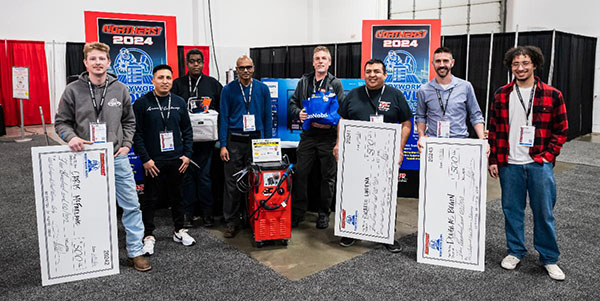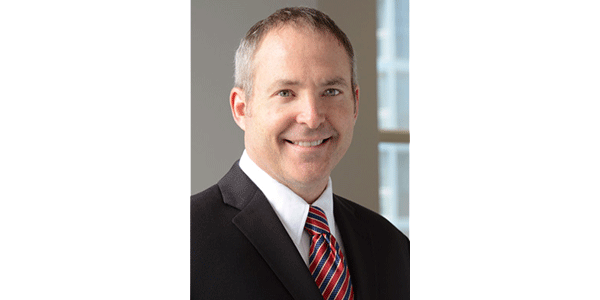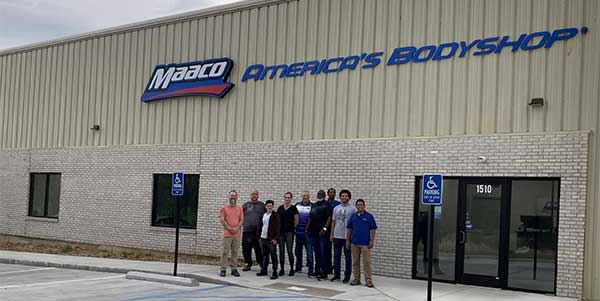The New DRP
I was confused by your January 2009 cover story [“The New DRP,” pg. 22]. There are so many reasons why DRPs should be banned, and even though the article touches on the fact that many people in the collision repair industry feel that way, it takes on a defeated tone. Rather than stating why DRPs should be banned and what shops can do to enact real change, the article suggests “reform” as if DRPs will ever have any long-term benefits for anyone other than insurance companies.
Also, I found it amusing that the article even characterized insurance companies as hapless victims. Perhaps if the business models insurers use didn’t resemble those of the mafia, they wouldn’t have employees going down for extortion. It has been proven in social experiments that people often take on a role for the situation they’re in. The fact that employees are getting caught acting like mobsters provides an insight on their training and work environments.
There are so many reasons for body shops not be on DRPs. I would think an article warning of their pitfalls would be a better use of your pages:
• DRPs open shops up to lawsuits because giving an insurance company a discount amounts to settling a claim with the insurer, which can be considered practicing law. And only an attorney may settle a claim for someone else.
• There’s a huge conflict of interest inherent in DRPs. Consider that medical and diminished value claims are justified using repair bills. If a customer has a legitimate medical and diminished value claim, and he or she takes his or her car to a DRP shop, that shop will undermine his or her claims.
• Once a shop is on a DRP, the insurance company has a lot of leverage with it. This often results in shops making unfair concessions on parts, labor, materials and procedures, resulting in subpar repairs. An insurance adjuster won’t be putting his or her family in the car being repaired, so he or she deserves no authority when making decisions on the repair process other than whether or not the damage is related to the particular incident.
• DRP shops agree to take on all liability for repairs and allow insurance companies to make procedural decisions, which often leaves the shop out of luck if defects or unprepared damage is found.
• Insurance companies use DRP shops as a means of price fixing. How else would it be imaginable that a body tech’s or painter’s time is worth half or even less than half than that of a mechanic? Shops that accept half of paint labor because that’s what they agreed to hold down shops that realize you can’t buy an hour container of paint. And paint manufacturers don’t care what a certain insurer is going to pay you for materials.
• A busy shop does not equal a profitable shop when you give your profits away in order to stay in the good graces of an insurance company.
I don’t care how many leadership awards the author has. To suggest that a “reformed” DRP is somehow a good idea is something Uncle Tom would say. – Jarron Elter, damage analyst, Stroud’s Auto Rebuild,
Tacoma, Wash.
Following is a response from article author Scott Biggs:
I appreciate your comments and the time you took to write them. They’re well thought out and well-founded concerns and opinions.
The title was meant to be provocative and get people to read the story. However, what the point of the article really was and what I’m really advocating is compliance to the laws, specifically fair trade practices and consumer protection. I wasn’t really trying to reform DRPs with each of the 14 points but rather point out that insurance companies and all players in the industry need to follow business practices that comply with fair trade practice guidelines and consumer protection laws.
Any organization that suggested that it shouldn’t comply with the points would be putting itself in a very awkward position, don’t you agree? If it’s not following these 14 points, then what kind of business is it running? If it’s not compliant, then is it outside the law or at least outside ethical expectations?
My point was to let everyone know just how outrageous these business practices have become. It will be up to people like yourself to determine if something is ever done about it. We didn’t create the DRP nor do we use it. It’s the body shop individually and the collision repair industry collectively that must demand that all sides conduct their business in a fair, ethical, moral and legal manner and treat the consumer appropriately and in accordance with consumer protection laws.
Perhaps the title is provocative enough to get all the right people to read it and move them to get more involved and pointed in the right direction. Perhaps the story will add fuel to your fire and help you in your cause. Perhaps in some way, we’re comforting the afflicted and afflicting the comfortable.
After all, that’s the mission of those of us who follow the mantra of the press. We cannot solve problems, but hopefully we can point them out and provide valuable information, insight and perspective about them.
Let’s Be Real, Folks
Your comments in your editorial [“Let’s Be Real,” January 2009 pg. 6] distressed me greatly. If everyone believed as you do, then no wrongs would ever be made right. Slavery would still exist and women still wouldn’t have the right to vote.
The CCRE folks are good, hard-working people trying to right a wrong within the collision repair industry. They always have ears at the Collision Industry Conference (CIC); you just may not know who in the crowd is representing them.
The CCRE folks don’t believe you can sleep with the enemy and win. They’re not stubborn and intolerant as you paint them; rather, they’re concerned and unwilling to give in.
There’s a nationwide movement underway to take back control of our industry. CIC, with its politically correct agenda, has certainly not accomplished this goal. At CIC, it seems the only people we aren’t allowed to offend are those doing the damage.
Please be tolerant and open-minded to the ideas and condemnations of a group of businesspeople that believes the only way for this industry to take back control and survive by making a decent profit is to actually take the control and not allow third parties the right to interfere with the repair process.
CCRE understands that DRPs are ingrained in our industry and will not disappear overnight. The coalition is simply encouraging the industry to look at what it believes is a better way. It also believes that if you lay down with dogs, you usually get up with fleas.
Not allowing yourself to be abused doesn’t make you stubborn and hard- headed. Actually, it’s just the opposite. It means you have character and integrity and stand up for what’s right. – Pat J. Gisler, executive director, Automotive Service Council of Kentucky, Sadieville, Ky.
Aftermarket Will Preserve Competition
As executive director of the Quality Parts Coalition, an organization dedicated to curbing car companies’ misuse of the design patent system, I agree with Jeanne Silver of CARSTAR that limiting the use of alternative collision repair parts could have devastating consequences for the industry — and for the consumer [“Repairers Say Detroit Three’s Troubles Could Affect Parts Pricing, Availability,” Jan. 29, 2009 BodyShop News e-newsletter or www.bodyshopbusiness.com search keyword: Detroit Three].
It’s true that the recent car company bailout is having a “trickle-down effect on everyone connected to the automakers, including collision repairers.” Allowing car companies like Ford to make “everything old new again” by obtaining design patents on parts on historically popular makes and models will hurt a number of stakeholders, including the manufacturers and distributors of independent parts, independent repair shops, insurers and eventually, American consumers.
Right now, the option to choose quality alternative parts saves consumers $1.5 billion a year, with those parts at times 50 percent less in cost than those manufactured by car companies. If car companies are successful at monopolizing the market, however, consumers will carry the added burden in a $3 billion increase in insurance premiums.
Repairers could lose the 13 percent of the population that pays for repairs out-of-pocket and also lose business from insurers, which may be forced to classify more vehicles as “total losses” because of the soaring cost of parts.
Help keep competition and consumer choice a cornerstone of American business. Visit
www.qualitypartscoalition.com for more information on how you can help. – Eileen A. Sottile, executive director, Quality Parts Coalition, Washington, D.C.

